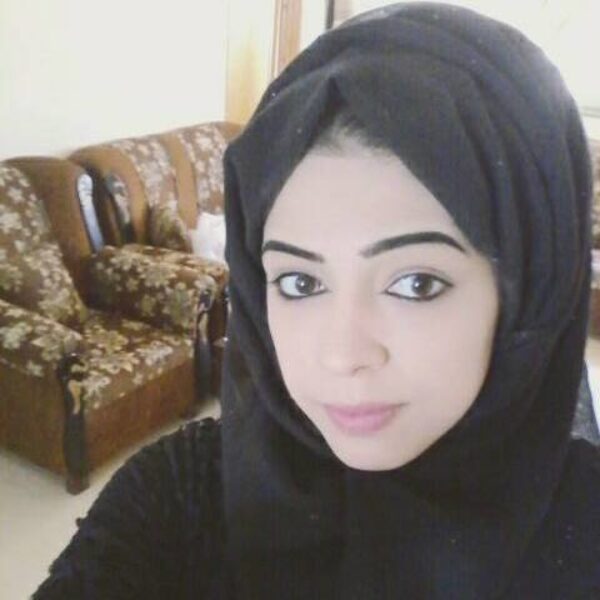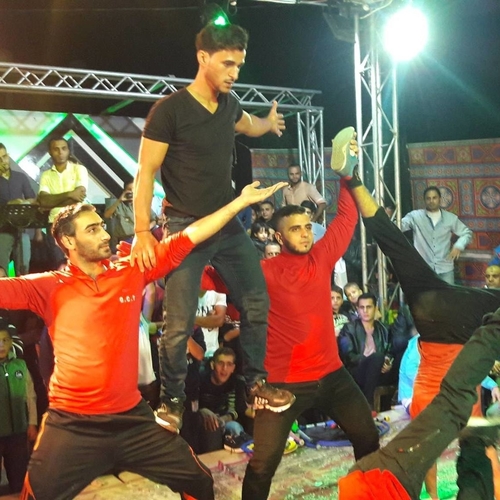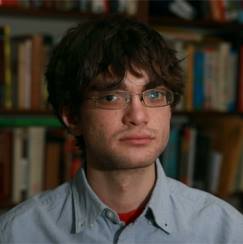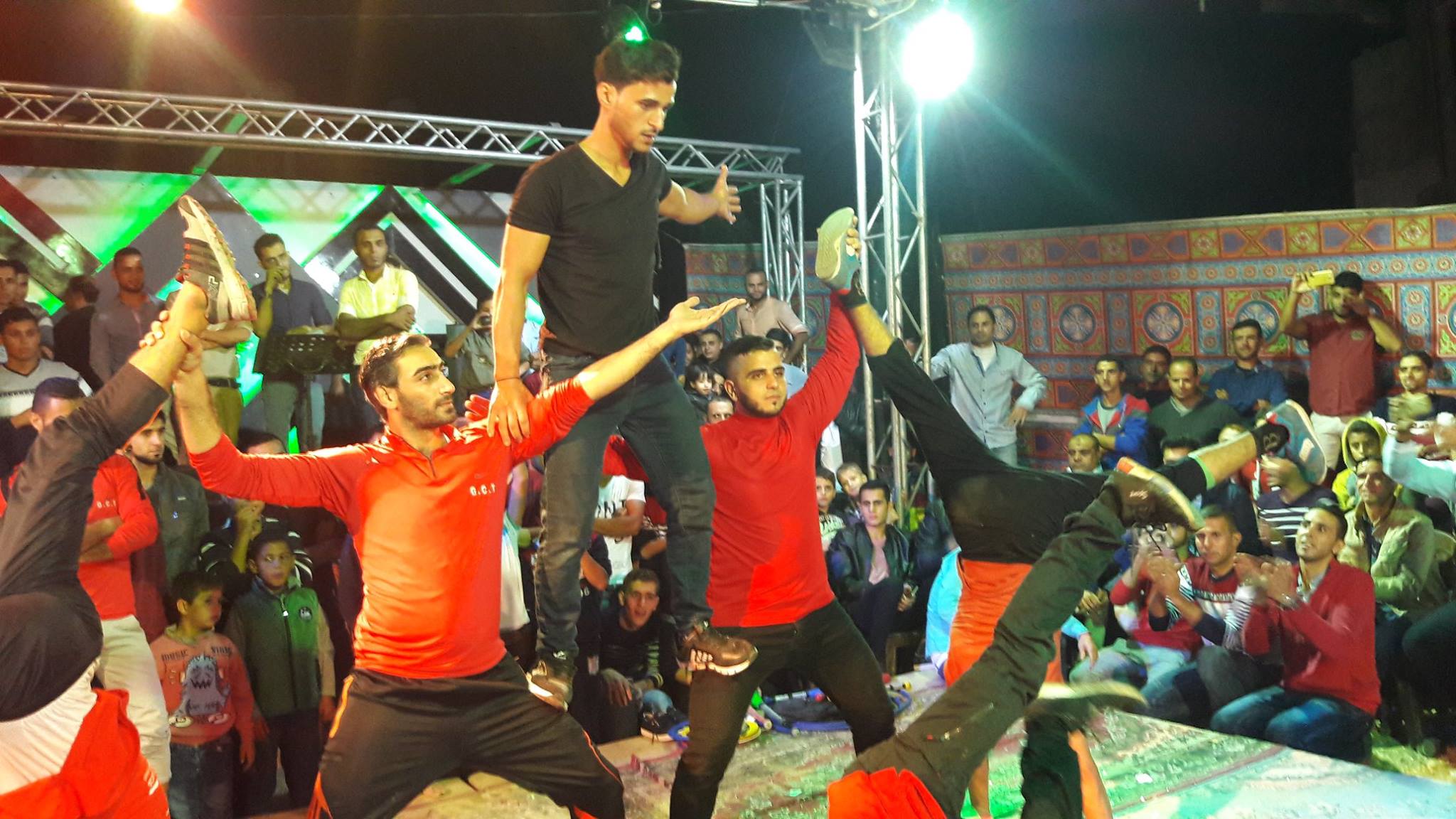
I never imagined finding a circus in Gaza. I only knew about circuses from the internet. When I saw pictures and videos online showing entertainers performing mysterious magic tricks, death-defying acrobatics and animals doing things I never thought possible, I was filled with envy for those who could attend in person. In a place like Gaza, we can barely travel for critical issues like health care or education, let alone entertainment.
Then, a few months ago, I heard about a circus show to be held in Gaza. I was curious; I wondered if it would be like the circuses I saw in videos. I will be honest; what I saw didn’t match my expectations. I found a group of young men equipped only with simple devices, just some balls and hoops. But in the face of these limitations—along with the wars and the suffocating blockade—these young men are bringing the spirit of the circus to Gaza.
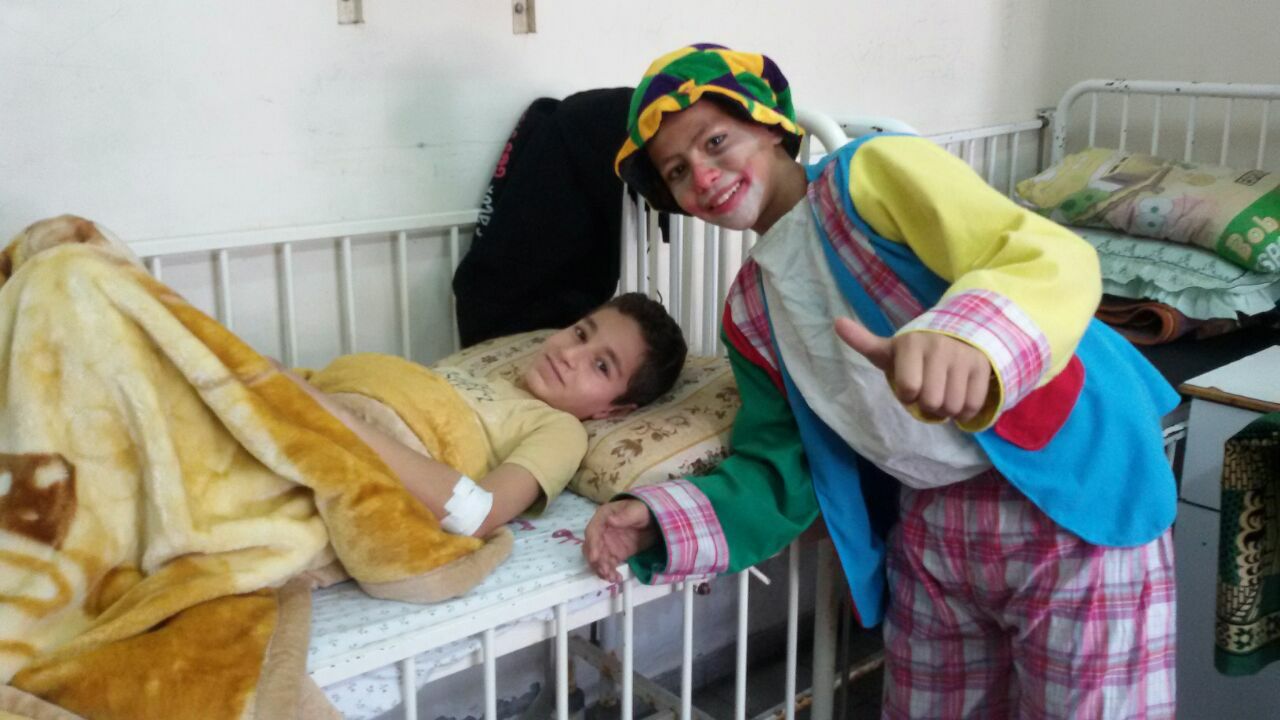
The story of Gaza's circus dates back to March 2011, the first time an international circus delegation entered the Strip. One of the young men who signed up to be trained by the Belgian delegation was Ahmed Mushtaha, now 28, who showed off his natural gymnastics skills and performed well in a clowning course offered by the delegation. The group liked what it saw and offered him a chance to learn basic circus skills.
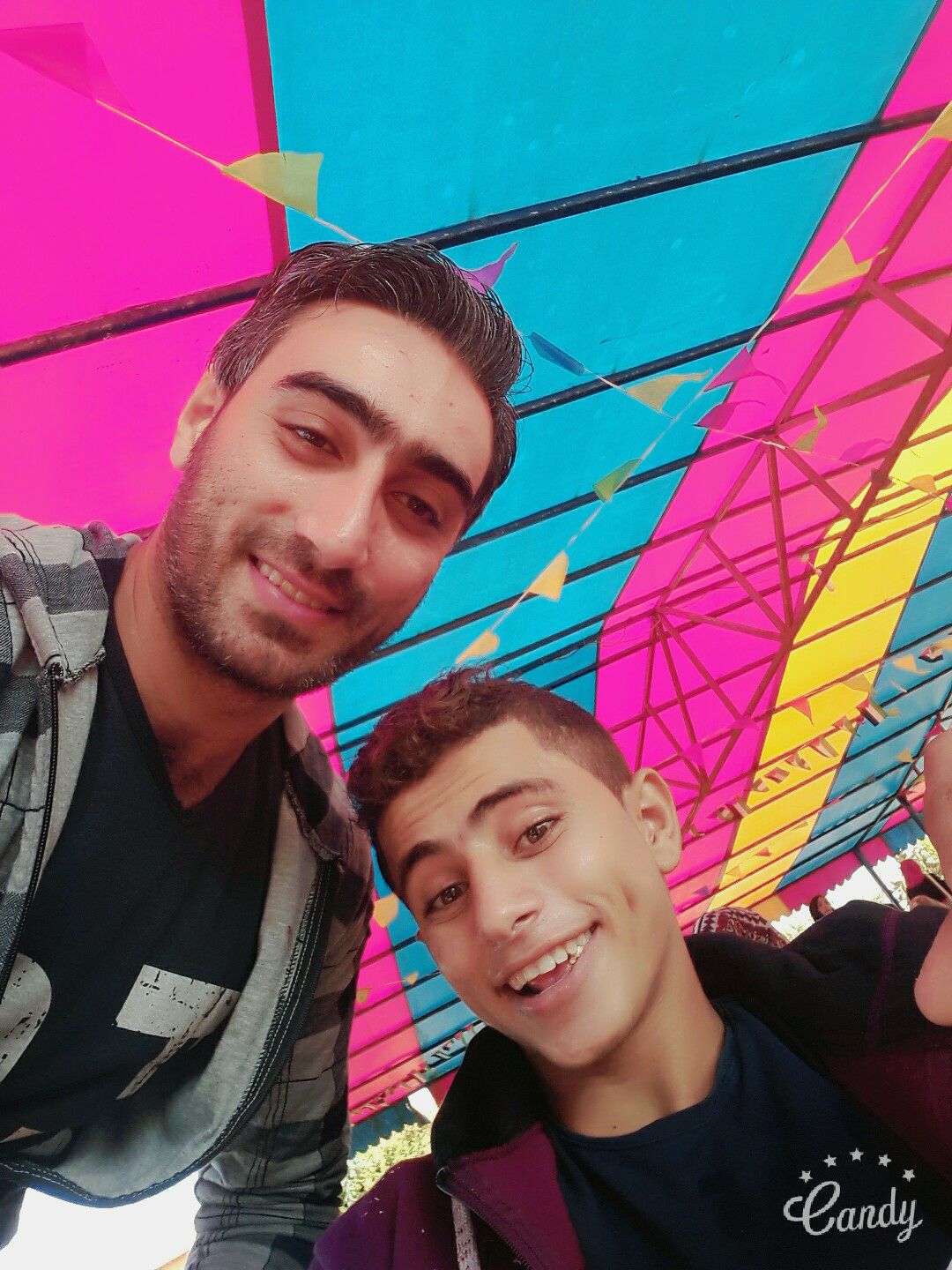
Ahmed seized the opportunity to fulfill his dream of establishing a circus. He told his friends about the idea and it sparked their interest too. Currently, the team consists of nine other members: Omar, Shadi, Mohanad, Jehad, Obaid, Nihad, Mahmoud, Tareq and Ismail.
As a boy, Ahmed only wanted to play. But he grew up between the two intifadas, a time of violence and escalation. The sounds of shelling, the names of martyrs and the announcements of curfew echoed in his ears.
Since the age of 14, he has worked to distribute goods from suppliers to stores to help provide a living for his seven-member family, since his elderly father cannot work. He even abandoned school sometimes, ditching it to earn money.
“I didn’t live my childhood as I wished; all I remember is melancholy and death. As a result, I don’t want to see other children live with such unremitting gloominess,” he told me. “I never attended any circus when I was young; I am even not sure if there was a circus at that time.”
Ahmed set out to change that.
“The idea of starting a circus came after I thought about the panic that frames people’s lives here,” says Ahmed, who lives in Shujaiyya, a neighborhood that has been subjected to aggressive attacks by Israel.
Running a circus in Gaza poses challenges. Due to the Israeli and Egyptian blockade, Ahmed and his fellow voluteers only have juggling materials and hoops. They need a balance beam, trapeze, unicycle, clowns’ costumes, magic games, a witch hat and rolla bolla. Sometimes they make their own props as best they can, but this can be dangerous. Some members of the team have been injured as a result. During training, some broke their legs and shoulders, and others suffered torn ligaments. Then there's the fact that the team has no space in which to practice. Ahmed and the team members only have enough money to rent a small, shabby stockroom.
The team also has to stop training when the power goes out, as it usually does for about eight hours a day. Because of their day jobs, the only time the boys can gather and train is at night. When they have a night of electricity, they engage in intense training.
In addition to all of that, the circus team lost a member during the war in 2014. The team member, Mosab, lived in Shujaiyya and his neighborhood was bombed while he was there. Mosab was one of the most ambitious members of the troupe. Day and night, he dreamt about the success of the team. He usually talked about the steps needed to improve the team's skill level.
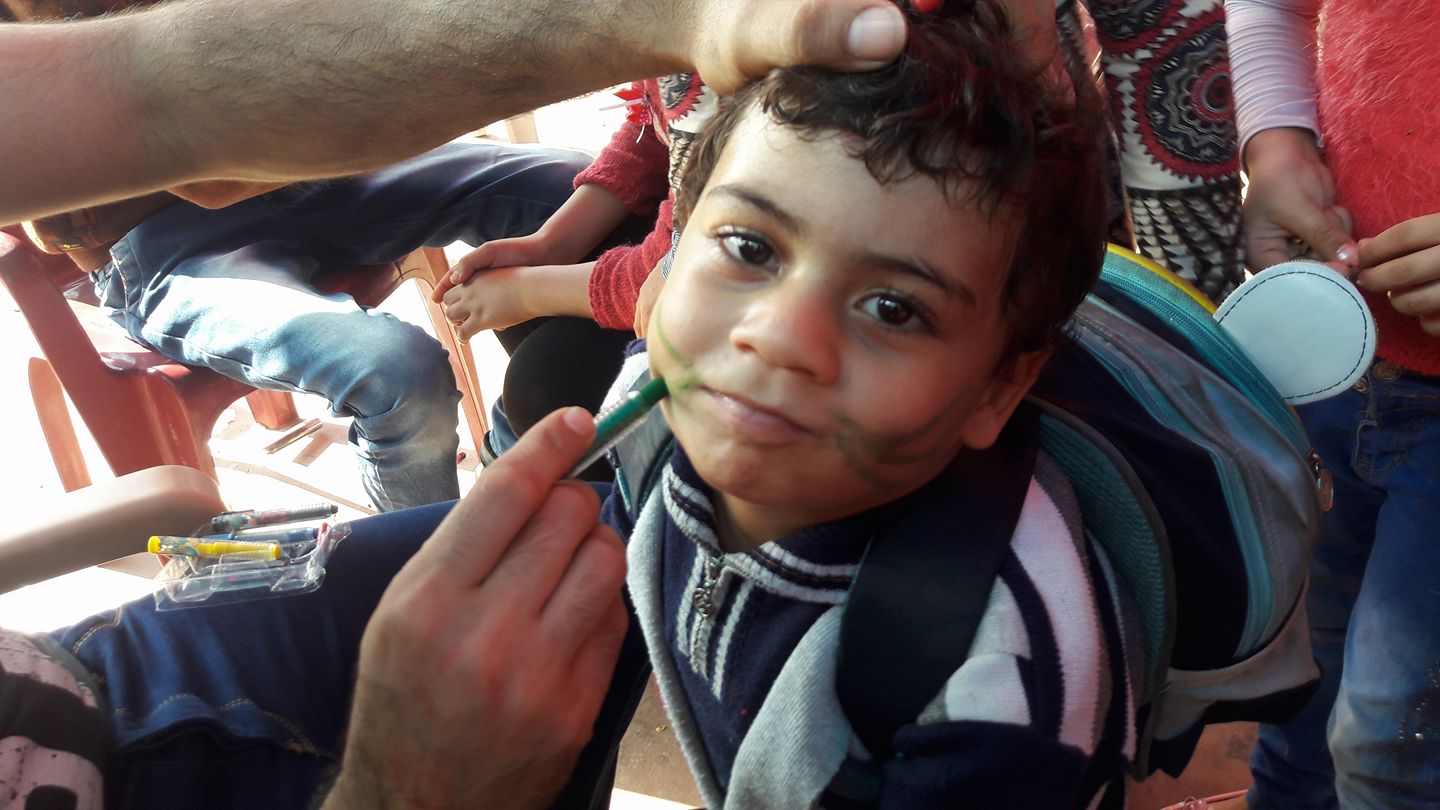
"The death of Mosab is a big loss to humanity, to us as a friend and to the team as a member," says Ahmed. "His dearest wish was to witness the team make it to the 'big time' and show world the talents that have been ignored in Gaza. I have never seen a person quite enjoy the smiles of others like Mosab did. He felt responsible for alleviating people’s suffering."
Although the loss of Mosab affected the team severely, the members were determined to continue. Shadi Sherir, one of the team members, told me he hopes the team will be adopted by an international organization so they can train properly with the best equipment. They want to be the first truly professional circus in Gaza.
Meanwhile, they persist. They have begun to hold performances for cancer patients, orphans and the elderly. Their mission is to offer psychological support to people who need it.
“It is difficult to get a permit to leave Gaza for treatment, especially for people suffering from cancer. They are abandoned until the cancer eats away at their already-decayed bodies,” says Ahmed. “By offering a little entertainment, we hope to distract them a little and allow them to enjoy what remains of their lives.”

